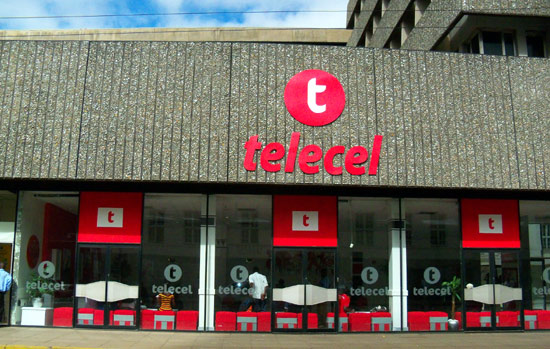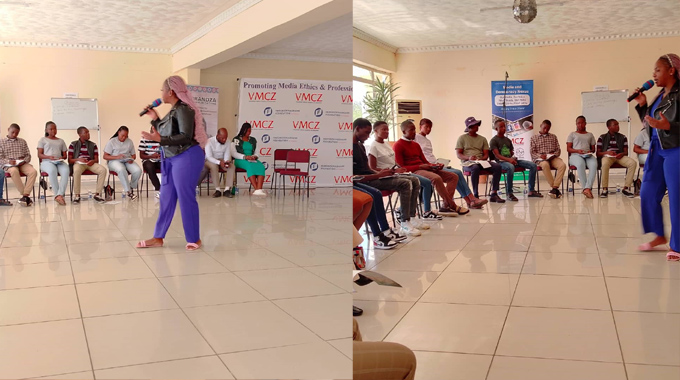Makamba assures Telecel subscribers

Charity Ruzvidzo Chronicle Reporter
TELECEL board chair James Makamba has broken his silence on the raging shareholding dispute rocking the second largest telecommunications firm to quell uncertainty among its estimated 2.6 million subscribers and workers.
Telecel Zimbabwe has been caught up in a protracted shareholding dispute involving various Empowerment Corporation (EC)’s shareholders who own a collective 40 percent in the mobile operator.
The matter has spilled into the High Court after one of the key shareholders Jane Mutasa challenged the $20 million offer from Brainworks Capital for the 40 percent stake two weeks ago.
The controversy deepened last week when the government, through the Ministry of Information Communication Technology, Postal and Courier Services, said it had cancelled the agreement that allowed Telecel Zimbabwe to operate but allayed fears of closing down the firm as it sought to tide over the business to more responsible investors.
Makamba said the shareholding dispute in EC was caused by share structure changes that occurred after the corporation’s first project, which required a lot of capital.
“The shareholding of EC went through various reorganisations during the formative years of Telecel due to the need for EC to raise funding for its contribution to the capital requirements of the project,” he said.
“It’s these reorganisations within the shareholding of EC that have formed the unfortunate basis for the current disputes. EC… has taken the decision to finally resolve all matters pertaining to the shareholding of the company.”
Prominent businessman and founding Telecel shareholder Philip Chiyangwa has been sensationally roped into the saga after claiming ownership of a significant stake in EC.
Makamba said EC has engaged relevant ministries with the specific purpose of rationalising and resolving shareholding related issues.
He was optimistic that a solution to the disagreements would be found soon and assured subscribers that the on-going turmoil would not disrupt network connectivity saying there was a common understanding in preserving the firm’s legacy as well as contribution and hard work by its employees and partners.
“Your network of choice is working hard to guarantee uninterrupted, robust and nationwide connectivity. Once this issue is sorted out conclusively both shareholders and Telecel management will have more focus,” said Makamba.
Telecel Global — a unit of VimpelCom — owns 60 percent of shares in Telecel Zimbabwe while the Empowerment Corporation owns 40 percent.
The shareholding structure goes against Zimbabwe’s indigenisation law which entails that foreign investors hold no more than 49 percent.
The company’s operating licence was renewed in 2013 after assuring the government that it would sort out its shareholding to ensure that it fully complies with the empowerment policy.
The terms of the licence renewal required Telecel to have paid $14 million by August 6, 2013 — a sum yet to be paid in full.
A follow up meeting was held in June last year and it was agreed that the operator would settle the outstanding amount while aligning its shareholding structure by December, 2014.
By the set deadline Telecel had only paid $5 million.
The government has allowed Telecel to operate without a licence since it first rolled out its services in 1998 but has now decided to decisively cancel the agreement, which was struck in June 2013.
The Postal and Telecommunications Regulatory Authority of Zimbabwe (Potraz) and Telecel Zimbabwe have since been notified of the decision.











Comments